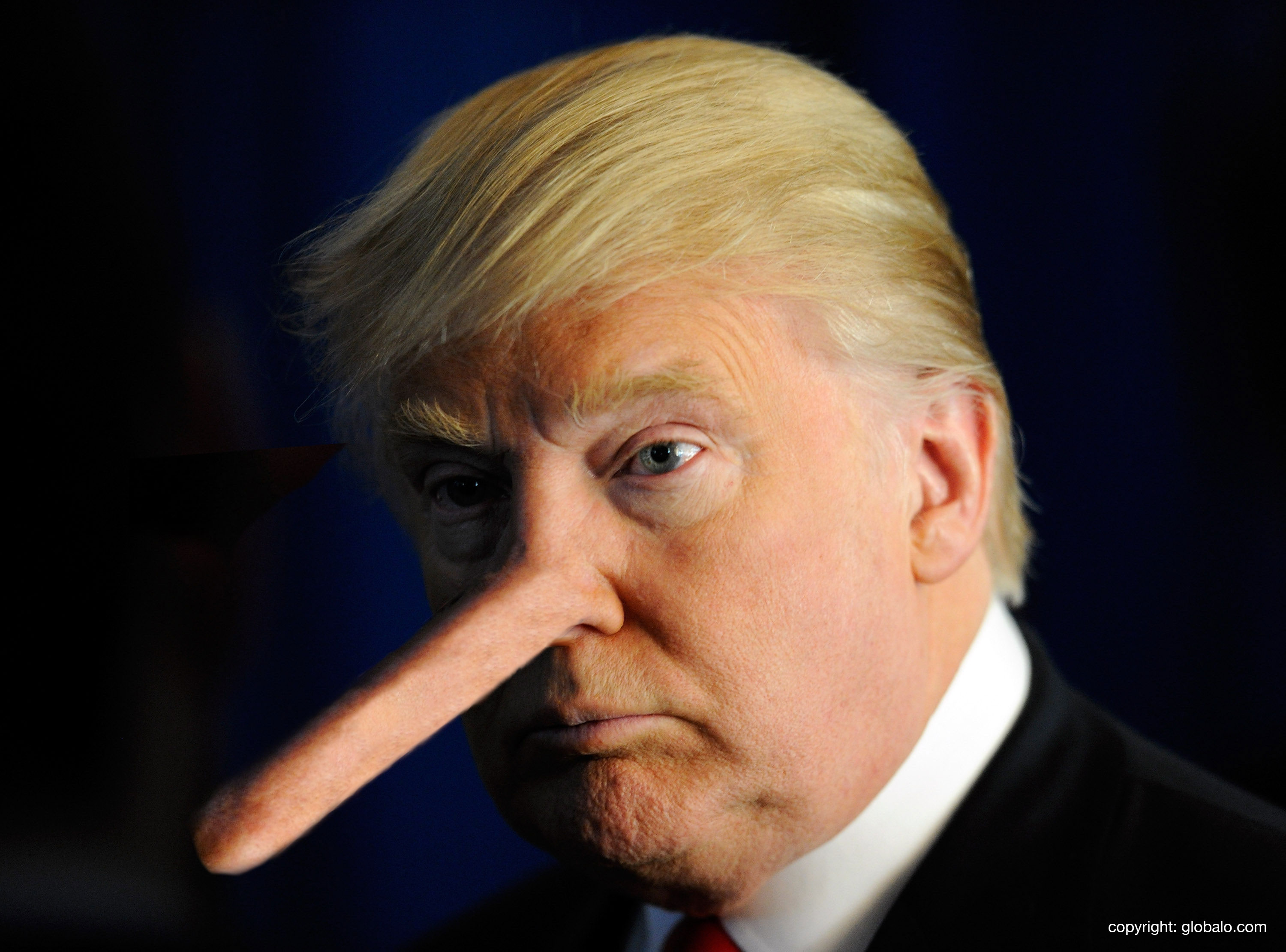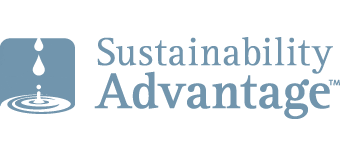5 Reasons for Hope on Climate Change, Despite Trump

One of the leadership paradoxes explained in The Leadership Champions Guidebook is: “Sometimes things need to get worse before they get better.” Things really got worse on the climate change file with the election of Donald Trump. However, after we overcome our shock and denial, we sustainability champions are quickly working our way through the anger, bargaining, depression, and acceptance phases in Kubler-Ross’s personal change curve. Energized by 5 reasons for hope on climate change, despite Trump’s election, we are cranking up our efforts to mitigate climate destabilization and make things better.
- Trump is a pathological liar
The Toronto Star’s Washington Bureau Chief, Daniel Dale, followed Donald Trump’s campaign for months. He fact checked thousands of Trump statements and concluded: “He lies strategically. He lies pointlessly. He lies about important things and meaningless things. Above all, he lies frequently.” Specifically, he uttered 560 falsehoods during the campaign.So, there is a good probability that Trump was lying when he declared that global warming was a “make-believe problem,” a “big scam,” and “a very, very expensive form of tax.” In a 2012 tweet, written less than a week after Hurricane Sandy battered New York and New Jersey, Trump declared: “The concept of global warming was created by and for the Chinese in order to make U.S. manufacturing non-competitive.” We are hopeful that Trump’s climate denial was just another deceit from a pathological liar.
- Trump is devoid of integrity and feels no obligation to keep his campaign promises
He is breaking or scaling back on his promises even before he is in office. In her article in the Houston Chronicle, “Trump may be setting a record for broken promises,” Paula Dwyer lists promises on which Trump reneged within 10 days after the election, including: repealing and replacing Obamacare; “draining the swamp” of Washington lobbyists and careerists; building the wall and making Mexico pay for it; deporting 11 million undocumented immigrants; temporarily banning all Muslim immigrants; revoking all trade deals; setting up a blind trust for his business interests; and naming a special prosecutor to investigate Clinton so that he can “lock her up.”Trump promised to abandon the international climate accord reached at COP 21 in Paris. He now says, “I’m looking at [the Paris accord] very closely,” “I have an open mind to it,” and clean air and “crystal clear water” are vitally important. Ironically, we are hopeful that his ignorance and lack of integrity will work in favor of the US following through on its Paris accord commitments.
- Climate action is at the city and state / province level in NA, more than at the federal level
I have often observed that action on sustainability issues is more evident at the local level in North America that at the national level. In Canada and the US, provinces and states have taken the lead on putting a price on carbon through carbon taxes or cap-and-trade mechanisms and on making the transition from coal-fired power plants to renewable energy sources. Federal action follows, rather than leads, most such efforts.Also, more that 400 city mayors attended COP 21 in Paris and signed on to the Compact of Mayors, a global initiative to reduce emissions in cities around the world. Six months later, the Compact of Mayors joined with the EU Covenant of Mayors to form the Global Covenant of Mayors for Climate & Energy, a global coalition of more than 7,100 cities from 119 countries committed to leading the fight against climate change.So, we are hopeful that Trump is just a speed bump on a “sub-national” race toward climate stabilization.
- Corporations demand action on climate destabilization
Corporations are the most powerful and influential force on the planet. On November 16, 360 American investors and multinationals sent a “Business Backs Low-Carbon USA” letter to Donald Trump and Congress. The letter clearly stated that mitigating and adapting to climate change is essential for a prosperous and resilient US economy: “Failure to build a low-carbon economy puts American prosperity at risk, but the right action now will create jobs and boost US competitiveness.” The corporate signatories “pledge to do our part, in our own operations and beyond, to realize the Paris Agreement’s commitment of a global economy that limits global temperature rise to well below 2 degrees Celsius.” The letter called on Trump and US elected officials to:- Continue low-carbon policies to allow the US to meet or exceed our promised national commitment and to increase our nation’s future ambition.
- Invest in the low carbon economy at home and abroad in order to give financial decision-makers clarity and boost the confidence of investors worldwide.
- Continue US participation in the Paris Agreement, in order to provide the long-term direction needed to keep global temperature rise below 2°C.
So, corporations are taking the World Economic Forum’s “Global Risks 2016” report to heart. Of all the 29 risks that might have a significant impact on countries or industries within the next 10 years, “failure of climate change mitigation and adaptation” is the threat with the highest probability of happening and will have the greatest negative impact when it does. Corporate action on climate change is not about saving the planet; it’s about saving themselves. There is no interest like self interest. What interests corporations fascinates politicians who depend on their financial support to get re-elected. The corporate voice matters. We are hopeful that they will help ensure momentum on climate mitigation efforts is not slowed by Trump’s ill-informed and erratic pronouncements.
- Indigenous peoples are an unstoppable role model for climate change activists
As leaders have always known, nothing unifies people more than a common enemy. The threat of “catastrophic climate change” to their way of life and to Mother Earth has galvanized indigenous peoples. In October, more than 100 Indigenous leaders from across North America signed a treaty against expansion of Alberta’s tar sands operations, effectively putting those who want to build oil sands pipelines on notice. They are united in their determined opposition to Enbridge’s Northern Gateway and Alberta Clipper pipelines, TransCanada’s Energy East and Keystone XL pipelines, and Kinder Morgan’s Trans Mountain expansion. They are banding together with the Standing Rock Sioux Tribe in their high-profile opposition to the Dakota Access Pipeline.Indigenous people are smart, patient, organized and an unstoppable role model for climate change activists. We are hopeful that fragmented environmental non-governmental organization (ENGOs) use indigenous people’s strength-in-numbers strategy to combine forces to do what needs to be done with like-minded activists, indigenous peoples, corporations, cities, states, and provinces.
Yes, Trump’s election was a setback, but let’s adopt the “Illegitimi non carborundum” motto – loosely translated as “Don’t let the bastards grind you down.” Climate change is the biggest existential threat to human civilization on spaceship Earth. It is way too critical an issue on which to allow a lying, unethical, egotistical, incompetent con artist to govern our efforts. Let’s get mad, be energized by the 5 reasons for hope, and channel our energy into collaborative efforts to do what needs to be done on climate change, in time.
Bob
Please feel free to add your comments and questions using the “Leave a reply” comment box under the “Share this entry” social media symbols, below.



